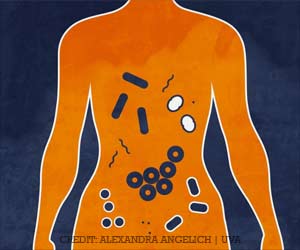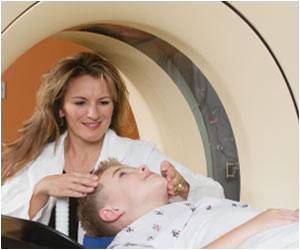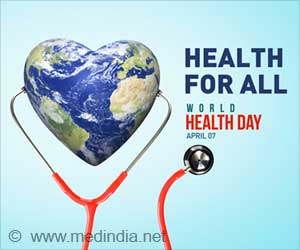Generally, it is observed that people with fast and risky lifestyles often get into accidents and die prematurely. But in biology, animals living fast tend to die sooner than those with a slow metabolism.
However, within a particular species, the link between metabolism and lifespan is less clear.
Interventions such as the caloric restriction that extends lifespan, tend to have a lower metabolic rate. Nevertheless, exercise increases metabolism, but on average it seems to make people live a little longer.
One problem with working out the effect of metabolism on lifespan is that metabolism is often linked to changes in body temperature. Low metabolic rates are commonly associated with low body temperature.
So, when mice under caloric restriction live longer, it’s not clear that the extended lifespan is linked to their low metabolism or lower body temperature.
In this study, the researchers utilized an unusual situation where metabolic rate and body temperature move in opposite directions in an attempt to determine which factor is more important.
When mice and hamsters are exposed to high temperatures, at the top of their thermoneutral zone, their metabolism falls while their body temperature goes up.
“We found that exposing the rodents to these conditions shortened their lifespans. Lower metabolism didn’t lengthen their lives, but higher temperatures shortened it,” said Prof. John R. Speakman from SIAT, a co-corresponding author of the study.
They used small fans to blow air over the mice and hamsters exposed to high temperatures. This didn’t affect their metabolism, but it prevented them from having high body temperatures.
Based on these results, body temperature seems to be a much more important mediator of lifespan than metabolic rate.
Researchers are now excited about the findings, particularly that using small fans to blow air over the animals reversed the effect of high ambient temperature on lifespan by decreasing body temperature without changing metabolic rate.
Source: Medindia



